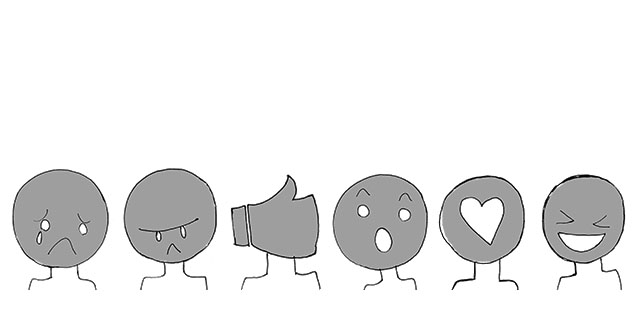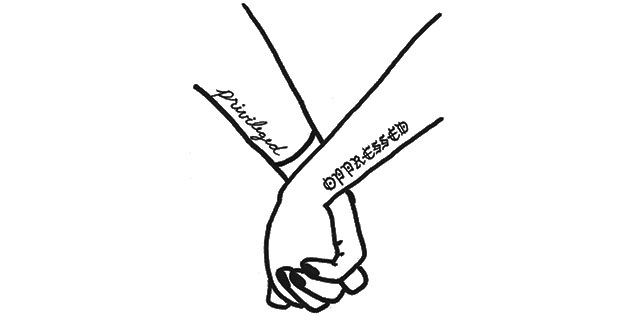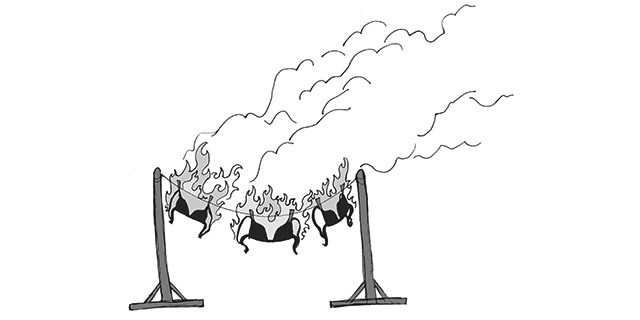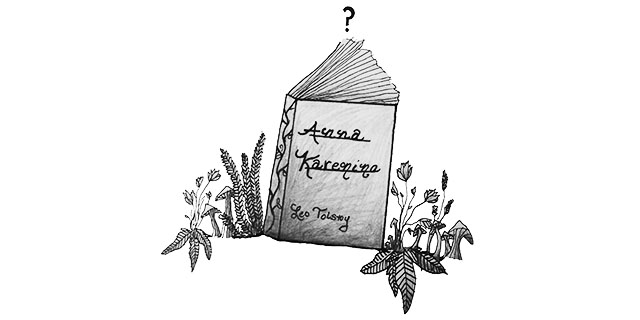
As someone who had decided upon a set career path at the young age of eight, I assumed everyone else knew exactly what they wanted to do, too. However, as I soon found out, I was gravely mistaken.
Originally, when I first made the decision to direct, I would announce my chosen career path whenever a large enough audience amassed, and it would provoke the standard chorus of “good-for-yous”. Encouraged by these statements, I was filled with excitement whenever I thought of directing and writing movies. What could possibly be better than that?
But time progressed, as time does. By the time I reached middle school, when I informed people of what I wanted, with the added detail that “I’ve wanted to be a director since I was eight years old,” I was met with more negativity than before. People severely doubted that I could make up my mind that early on and began to dismiss my proclamation as meaningless. Loads of people—from my thankless peers to many adults–assumed that I only wanted to copycat my parents, who are coincidentally both writers and directors. I received derisive snort after derisive snort, coupled with the dismissal, “A writer-director? I wonder why…” As everyone knows, it is no fun to have the general public write off your life-long goal. In fact, it really sucks and is totally discouraging.
In one such experience, which took place during our culminating fifth-grade project, some boys got up and did a presentation on film-making. Throughout their discussion they referred to the director and writer only as a man. When I kindly pointed out that it was sexist to think that a director could only be a guy, they responded with, “Ok, sure, name a female director.” I fired off Kathryn Bigelow’s name, to which they looked disgruntled and said, “Well, she’s just one. There are a lot more guys anyway.”
That experience was extremely disheartening. Did they not believe that women could make movies, too? Did they think it was only for men? And, most of all, did they really believe that I, who so fiercely wanted to be a director, could be so clueless as to the intricate workings of the film industry that naming a single woman would stump me?
For a long time afterwards, I couldn’t get the event out of my mind. My thoughts ranged from, “Well, I’m going to prove them wrong!” to “If there are hardly any other women, who’s to say it’ll work out for me?” The doubtful feelings trumped the feistiness, and I felt defeated and slowly but surely consented to the fact that perhaps I should stick to writing. Directing did seem awfully daunting and with that thought, I did everything I preach against. I gave up.
Those years of self-doubt were bleak, but, thank god, I began to turn the concept of directing over more in my mind as I got older. I realized that it was silly to let other people ruin my career for me when I knew deep down that all I wanted to do was be a director. I was positive. My dream, eight years in the making, returned with all of its shiny promises, none the worse for years of neglect. In fact, that momentary lapse only encouraged me. After years of lying to myself, telling myself that bossing people around just wasn’t for me, I was fully able to admit that this is what I really, really, really want to do. Once again, I began to think about how, if my life was a movie, I would shoot this and that. I thought long and hard about what shots in certain movies made a big impact on me, such as the dancing scene from Harold and Maude, and how I could replicate that.
Yep, I decided once and for all, I’m going to do everything I can to direct movies. And write them. And, hey, I don’t know, play minor parts.
The lesson here, if there is one at all, is that people should pursue whatever it is they want, regardless of what others deem as a suitable profession for them. Someone once said that whatever you wished to be when you were eight years old is what you should become because it’s what you truly wanted. I have to say, I agree.










